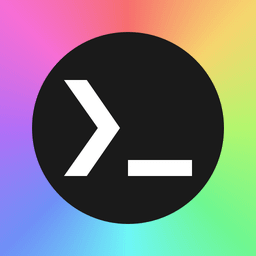

Whats funny is that most 20 year old multiplayer games today (at least on PC) are still perfectly playable because the server tech was given to the community, at launch. Battlefield 2 hasn’t been available for purchase anywhere officially in well over a decade, there’s still a dedicated, albiet small community.
I understand that with large, persistent worlds, it’s hard to release that server tech, but at least some form of it should be published. Ie, a smaller variant that maybe just lets a couple people join up as a co-op party, rather than dozens of people running around a large map at random, like in The Crew.









There’s definitely something special about that era of games. The community would really shine and make creative stuff with relatively limited tech.
https://youtube.com/@excavation_goldsrc
This is the mod that’s blown me away the most. They somehow made the limitations of the Goldsource engine look stylish, all the while having some incredible animations and model design. Unfortunately development is temporarily paused but hopefully they pick it up again soon.